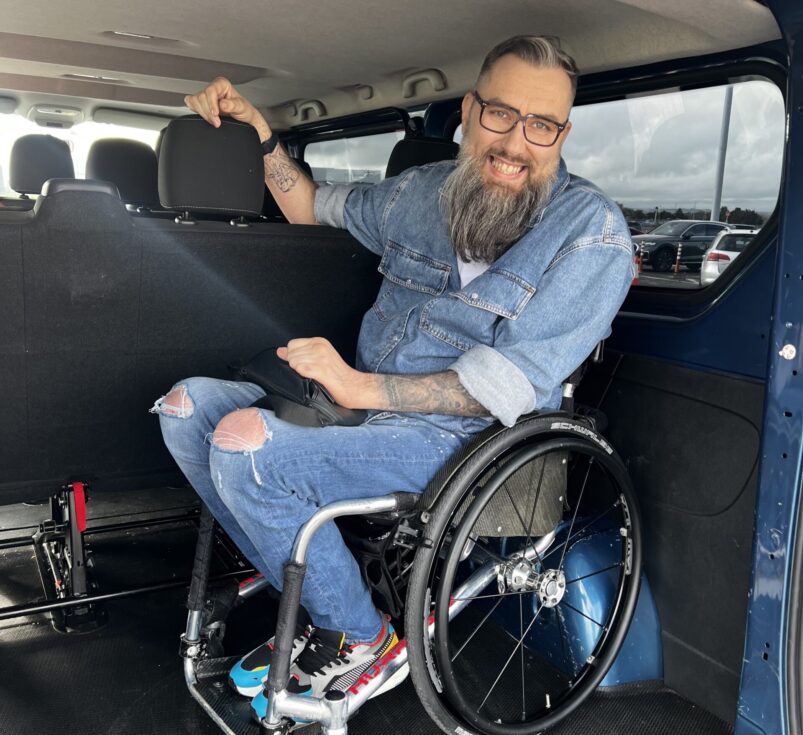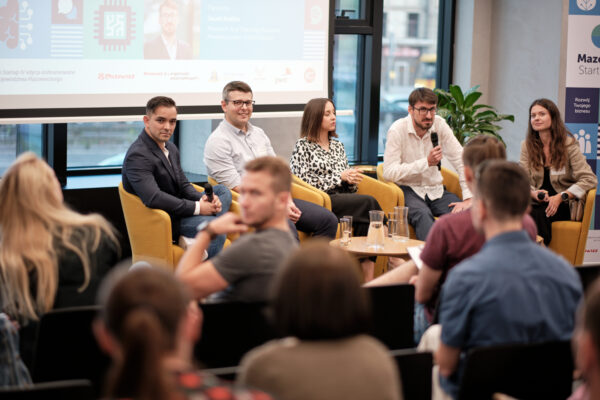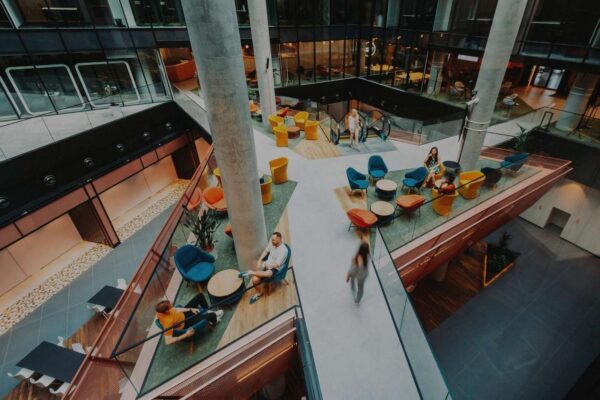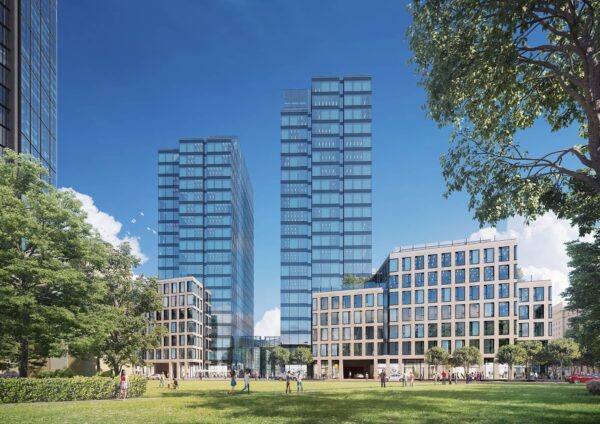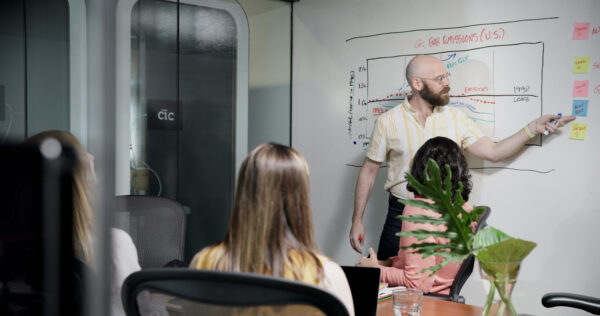Interview with Bartek Zielski, IT Help Desk Team Lead, CIC Warsaw
Hi Bartek, what do you do at CIC and since when have you been part of the team?
Hi! I’ve been the Team Leader for over 8 months now, leading one of the two IT support teams at CIC. Along with my team, we’re responsible for the Asia and Europe regions, but that doesn’t mean we don’t operate in the US as well. We take care of IT support for CIC employees, ensuring that our work translates into the highest quality of services for our clients. We also focus on safety and reliability, all in the good atmosphere and spirit of CIC.
What does disability mean to you?
Unfortunately for me, I don’t have a simple definition. Like any definition, the one regarding disability is too official, very dry, and simply insufficient. The concept of disability has evolved with me based on the experiences I have gained in life. Now I know that how disability is perceived depends on the environment in which a person functions. It is shaped by the mentality of oneself and that of the people around. By one’s culture, the country of origin, and even the economic situation. Depending on the prism through which you look at disability, it may be an exclusion, an obstacle, a dysfunction, or a burden. On the other hand, it may be a great opportunity, something unique, original, and a significant part of one’s personality. And that’s what it is for me, sometimes an opportunity and sometimes an exclusion.
Do you feel part of the CIC community? What influences this feeling?
Every space is created by people, and thanks to them I feel part of this community. CIC gathers truly fantastic energy. It brings together caring people, who look for solutions, not for problems. Who are open-minded, attentive, and who do not judge. Values are not empty slogans here. It’s a nice surprise.
Do you think disability in the workplace is taboo? What does this look like based on your experiences?
Based on my experience in previous jobs, it seems to me that having a disability is more of an awkwardness than a taboo. Sometimes it’s unclear how to act to avoid causing offense, showing ignorance, without remaining indifferent. Not everyone has the courage to simply ask or strike up a conversation. Or else, some have too much of that courage, and sometimes you encounter condescending or patronizing individuals. I think this is the result of the fact that we still see few people with disabilities in the open labor market. And of the fact that the image of people with disabilities as weak, requiring help, and being a problem persists. What a fantastic surprise it was not to feel all this at CIC! I didn’t know such places existed.
What improvements in the workplace are important for you?
I pay attention to the accessibility of the restroom, where I can navigate with my wheelchair, whether I can independently use the kitchen, and if I have access to office equipment. Since I commute to work by car, parking accessibility is also crucial for me, so I can exit under any weather conditions. The goal is to not have to ask for help and to be an independent individual.
Can you say that disability is simply a characteristic? Do you see a similar approach to other “differences” in the workplace?
Because having a disability happens in situations where one encounters barriers. You don’t necessarily have to use a wheelchair, it could be a broken leg in a cast and crutches. It’s a characteristic that one can have from birth, and acquire multiple times throughout life, and it can be permanent or temporary. That’s why we talk about people with disabilities (with a characteristic), not disabled people.
For me it came with time, only after many years I started to treat my disability as a part of me, as my characteristic, my uniqueness. Something that sets me apart, is mine, different, and individual. Maybe it even adds character and color. This view is very relative and depends on self-awareness and working through personal issues.
The second issue is encountering the right environment. It works like any other difference. Anyone deviating from the norm is somewhat stigmatized and stripped of part of their identity. In this sense, differences have a lot in common.
Are relationships in the workplace important to you and influence your everyday life?
Workplace relations are definitely important to me. The people make the place, the connections, and the relationships with them. It holds a crucial value for me, I enjoy being with people. People are interesting because they enrich reality.
What would you like to see change in the context of the approach to people with disabilities? And do you see room for such a change?
There is definitely room for change. It all depends on people, their level of acceptance and their willingness to understand people with disabilities.
It’s hard for me to say what I would like. However, I know what I wouldn’t want. I wouldn’t want to be dehumanized. If someone wants to judge me, let them do it based on what and how I do things, the values I uphold, and the kind of person I am. Not based on my disability. I’m in a place where it shouldn’t matter. At work, I am primarily an employee. I would like to be evaluated based on the role I fulfill in a given place, not through a prism that, in certain circumstances, has no relevance. I wouldn’t want to be excluded because of my disability.
Finally, would you like to share any words of advice to employers?
Employers, be aware and attentive to the needs of your employees. Not everyone knows how to talk about their needs in the workplace. If they can, that’s a great skill but asking never hurts. The key point is about being attentive. Don’t create unnecessary barriers, both communicative and architectural. Remember, that it’s people and the environment that create disability. Fortunately, there’s none of that in CIC.
If you want to help, ask first, and trust the person with a disability. They will tell you if they need help and how you can assist.
